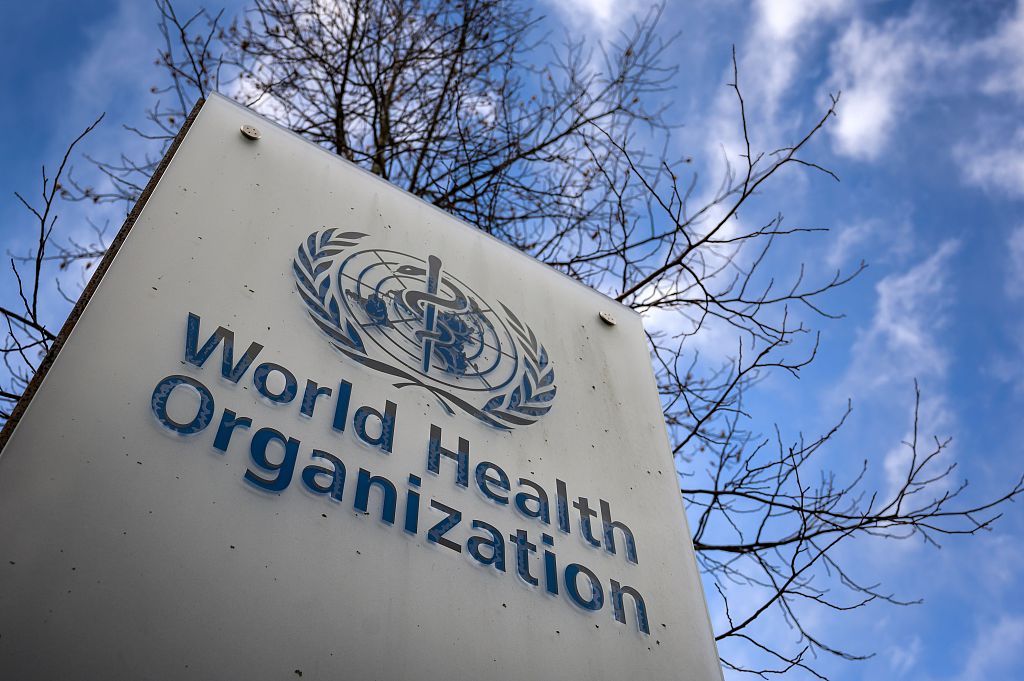
World Health Organization shines a spotlight on global threats to food security
As the globe marks World Food Safety Day, the World Health Organization (WHO) has called for more action toward preparedness against food safety threats.
According to the global health body, ten percent of people fall ill from contaminated food annually. 40 percent of those are children under five. Over 200 diseases stem from contaminated food.
WHO Director of Nutrition and Safety, Dr Francesco Branca cautioned that food safety hazards know no borders in the interconnected global food supply. This means that risks from unsafe food can escalate from local issues to international emergencies.
“This year’s World Food Safety Day theme is “Preparing for the Unexpected.” It emphasizes the importance of readiness in managing food-safe incidents to prevent them from becoming emergencies”, said Dr Branca.
According to the World Food Organization, food incidences are situations with the potential or confirmed health risks associated with food consumption. These can occur following accidents, inadequate controls, food fraud, or natural events.
Branca pointed out that critical humanitarian situations such as the conflicts in Gaza, Ukraine, and Sudan are examples of situations that drive food insecurity and compromise food safety, adding that the global food system is only as strong as its weakest link.
According to the humanitarian organization, Action Against Hunger, 18 million people in Sudan face acute food insecurity with at least five million facing emergency hunger levels.
Concluding his statement Dr. Branca emphasized the need for the clear prioritization of food safety in national action plans for health security. He adds that food safety authorities must ensure the International Food Safety Authorities Network (INFOSAN) and international regulation focal points are connected and have updated risk communication plans, and that the world moves toward integrated surveillance systems for animal, environmental and human health.






